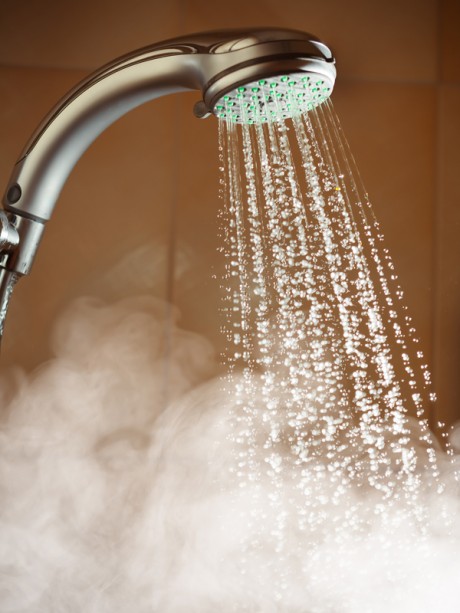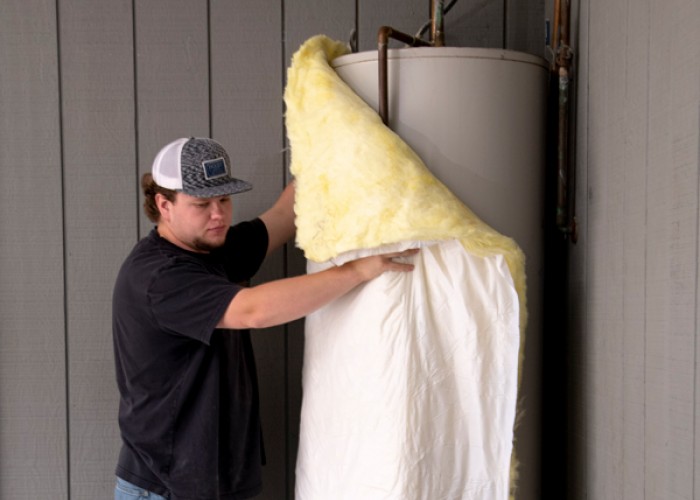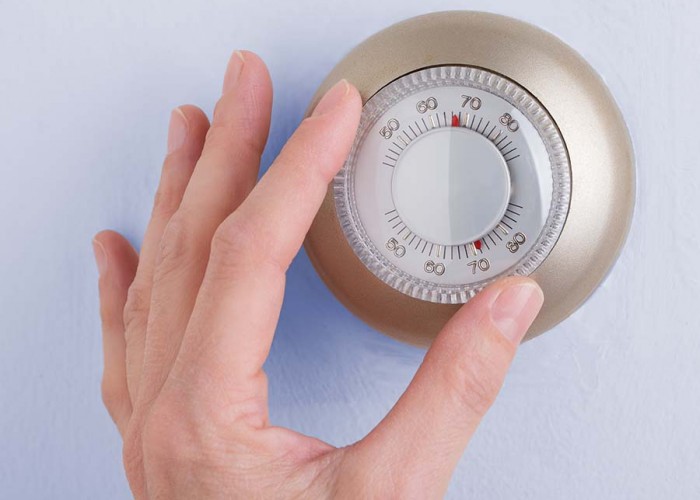Uncharted Water (Heaters)
Know your water heater options before it needs replacing
By Jonathan SusserQ: When I followed last month’s advice and insulated my water pipes (“Winterization Tips for Energy Savings,”), I noticed that my water heater is getting up there in age, but I don’t know much about the technology. Can you fill me in?
A: Water heaters, especially when hidden away in a crawl space, attic or closet, can frequently get the out-of-sight, out-of-mind treatment. But to minimize surprises, it’s helpful to check in regularly with our home appliances. My own water heater celebrated its 18th birthday last August, so this topic has been top of mind for me as well.
According to the U.S. Department of Energy, water heaters represent 14% to 18% of a home’s overall energy consumption, up there with our heating and cooling systems. This amount, though, can vary based on the kind of water heater you have — there are several types and efficiency levels available.
One distinction is between storage and tankless water heaters. Storage water heaters are more traditional, relying on a storage tank to supply hot water. Alternatively, tankless, or on-demand, equipment heats water only when needed and does not have a tank. Tankless water heaters take up less space, but they tend to cost more upfront and may require a larger supply of gas or electricity.
As noted, the broad categories of storage and tankless water heaters come in gas and electric versions. Digging deeper, there are units specific to each fuel source, so it would be helpful to know what yours runs on. You don’t have to stick with the same fuel when you get a replacement, however, and newer technologies are making it easier to switch to electric, if that’s of interest.
As with any appliance, efficient water heaters generally cost more initially, but given the technology’s expected life span and its role in your monthly energy bill, operating costs — in part based on efficiency — may be worth considering.
Gas water heaters include atmospheric vent water heaters, power vent water heaters and direct vent water heaters. These differ in how they vent gases and other combustion byproducts to the outside, with the various mechanisms mostly connected to efficiency ratings.
Electric water heaters come in two main forms. Standard models call on electric resistance heat, and there are also super-efficient heat pump versions. In our November column, we discussed heat pumps functioning as a heating and cooling system. Here, the heat pump is using electricity to absorb heat from the surrounding air and using that to heat water in a storage tank. This equipment is two-to-four-times more efficient than electric resistance water heaters, but has certain temperature and space constraints.
Other more niche water heaters exist as well, such as solar water heaters and combined heat and power (CHP) water heaters.
As with any appliance, efficient water heaters generally cost more initially, but given the technology’s expected life span and its role in your monthly energy bill, operating costs — in part based on efficiency — may be worth considering.
Keep in mind that heat pump water heaters and other higher-efficiency models are eligible for incentives from the Inflation Reduction Act, and maybe from your electric co-op, too. So, when you’re in the market, remember to see how you might be able to take advantage. Asking neighbors about their experiences or contractors they used is always a smart idea, as well.
-
Save money this winter
-
Share this story:





